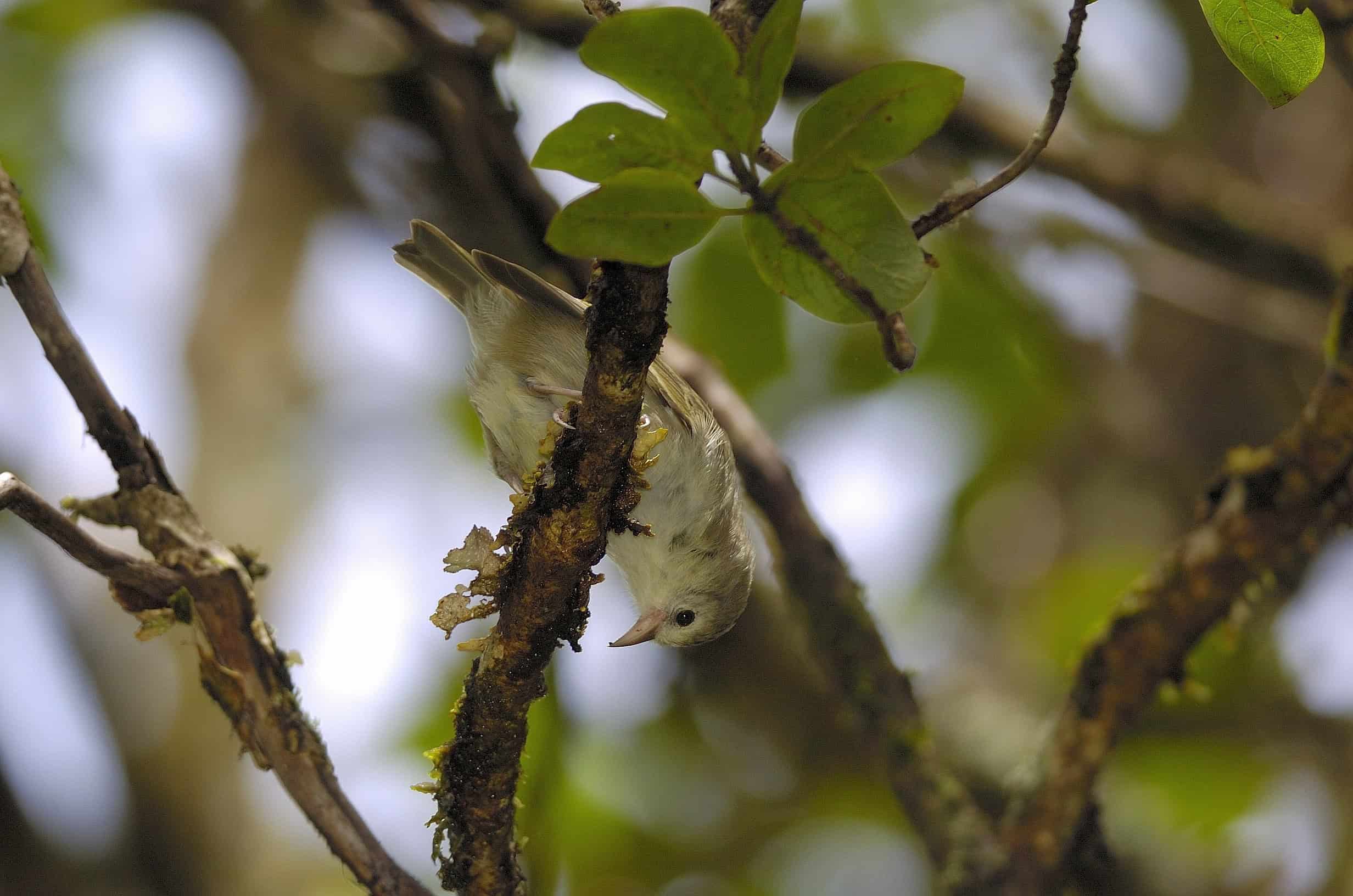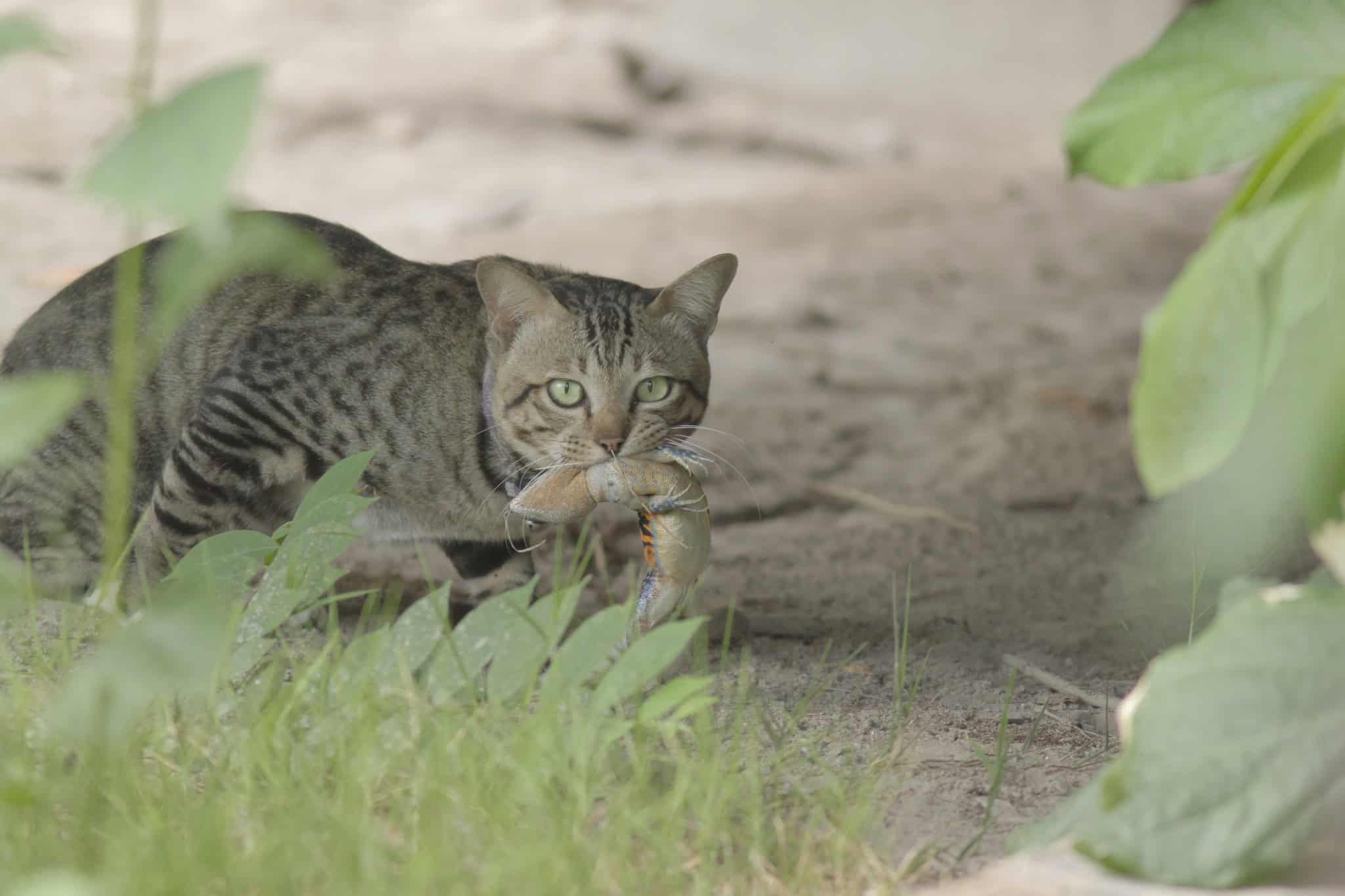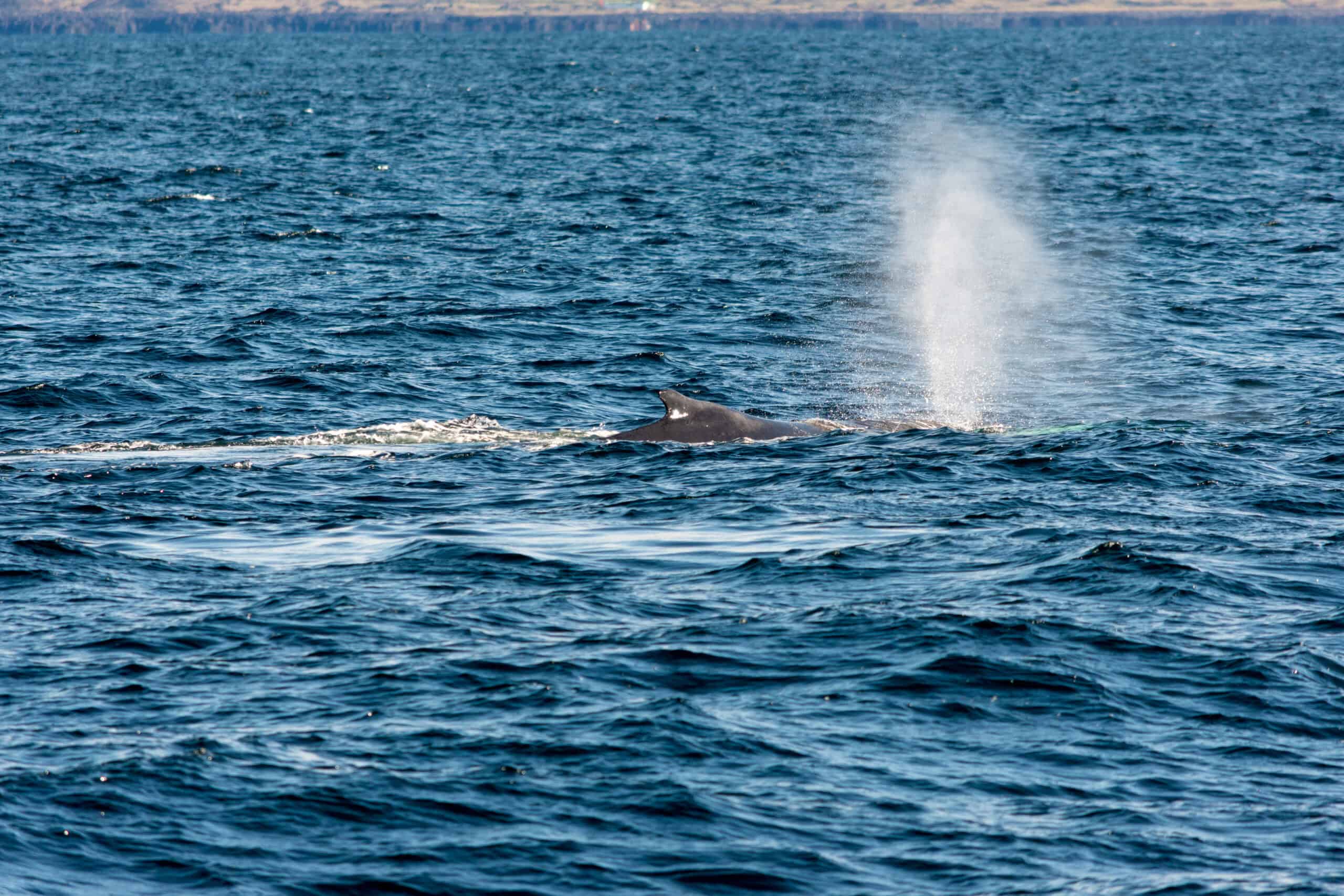Share this article
Wildlife Featured in this article
- ‘Akikiki
- ‘Akeke‘e
Grant boosts Hawaiian honeycreeper recovery in Hawaii
Grant money will help fight the effects of avian malaria on Hawaiian honeycreepers
A grant will help a recovery project fight the devastating effects of avian malaria on Hawaiian honeycreepers. The U.S. National Science Foundation (NSF) and the Paul G. Allen Family Foundation have granted $644,758 to the Kaua‘i Forest Bird Recovery Project to further its research on efforts to fight the invasive mosquitoes that carry malaria. Part of the effort includes introducing mosquitoes injected with bacteria that sterilizes them into the populations. These modified mosquitoes will breed with the malaria-carrying mosquitos, but will produce nonviable offspring. Honeycreepers like the ‘akikiki (Oreomystis bairdi) and ‘akeke‘e (Loxops caeruleirostris) are among the most endangered birds in the U.S. due to the climate change assisted spread of invasive, malaria-carrying mosquitoes to higher elevations in Kaua‘i.
Header Image: The ‘akikiki’s population is falling fast due to avian malaria. Credit: Jim Denny








